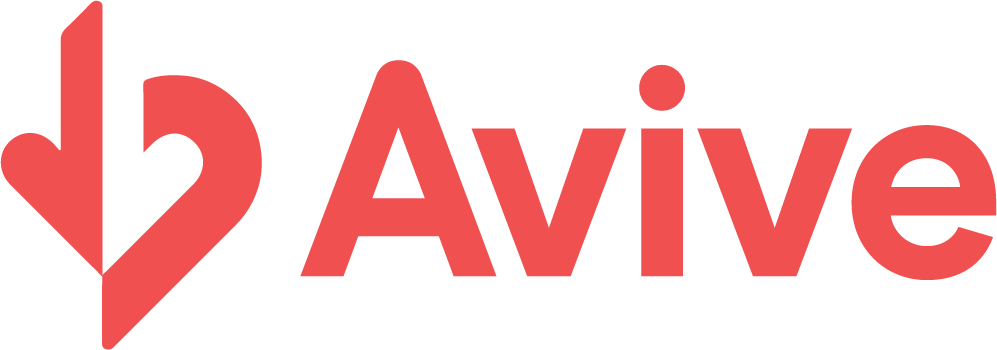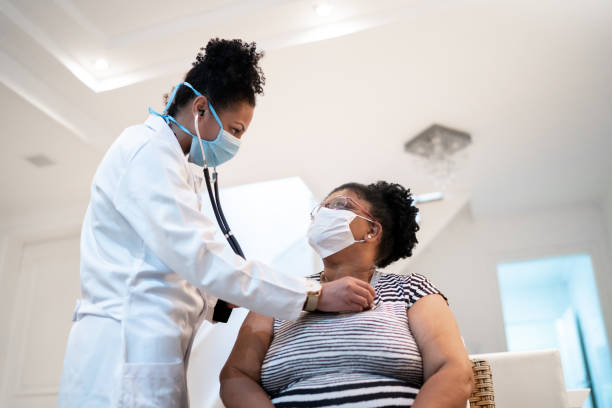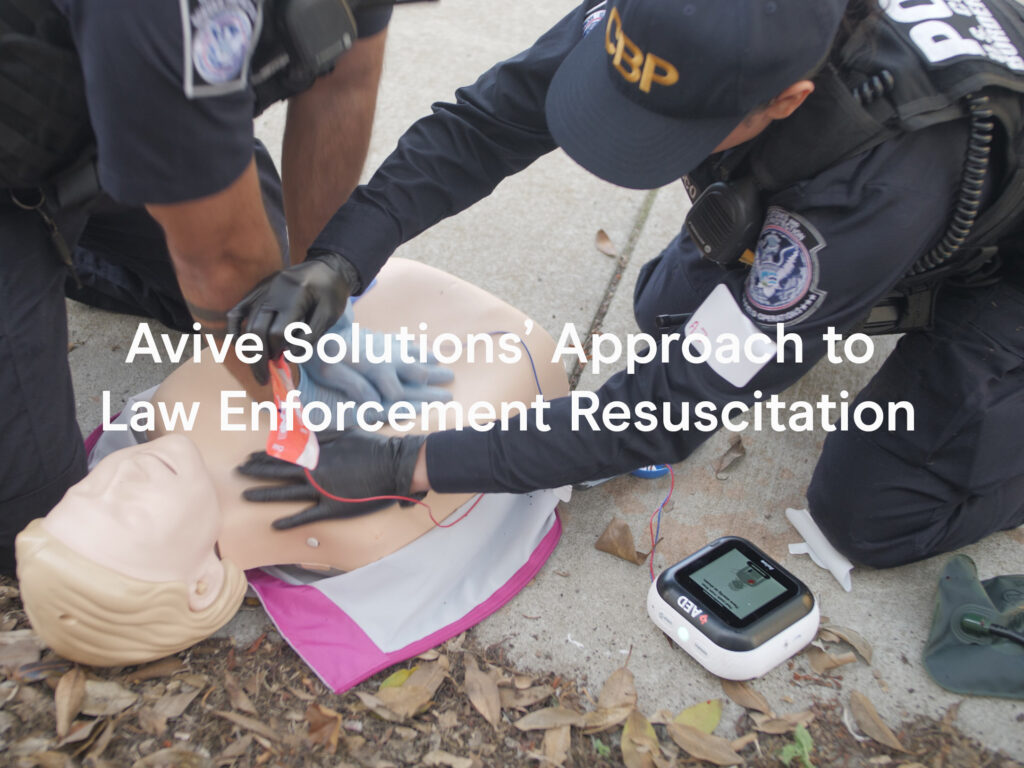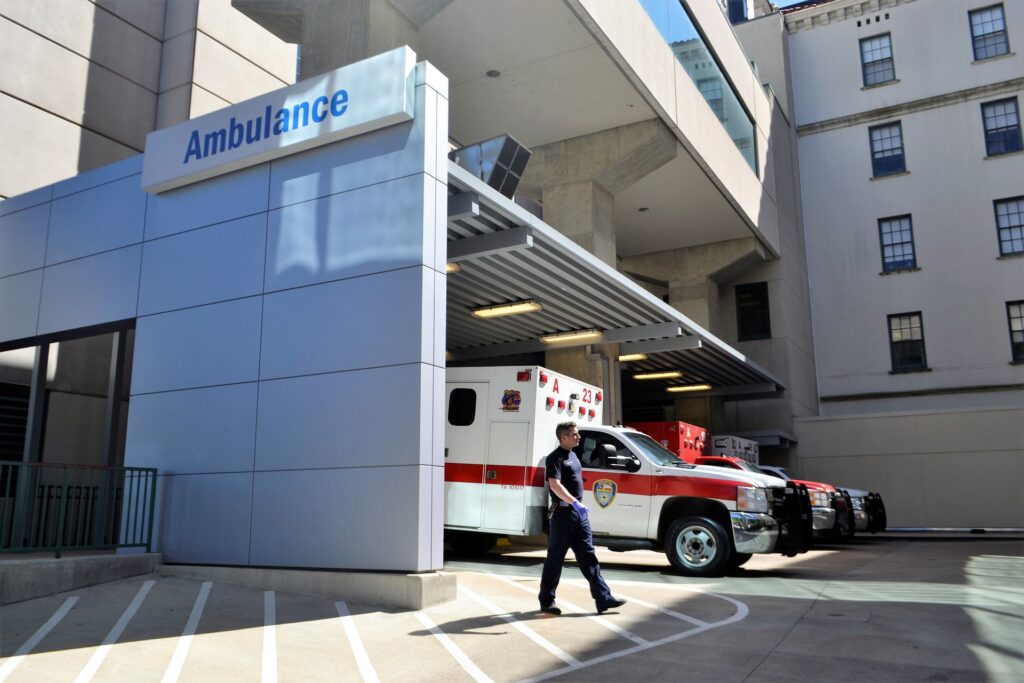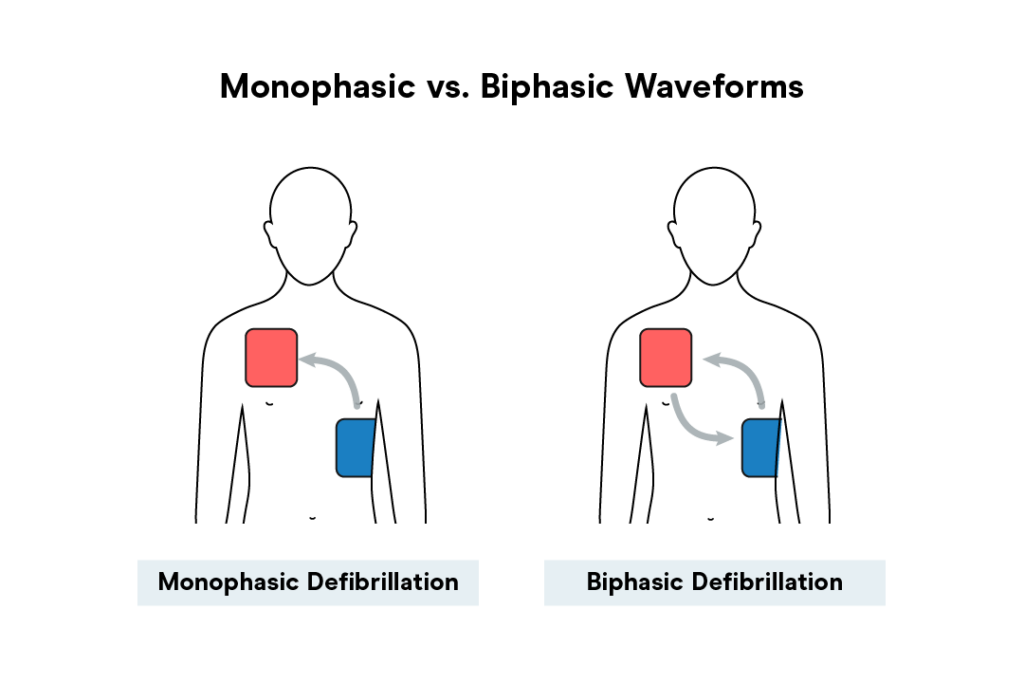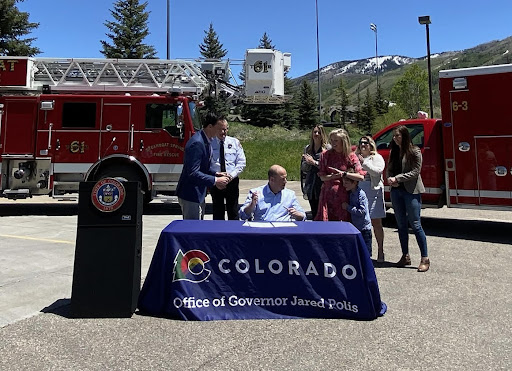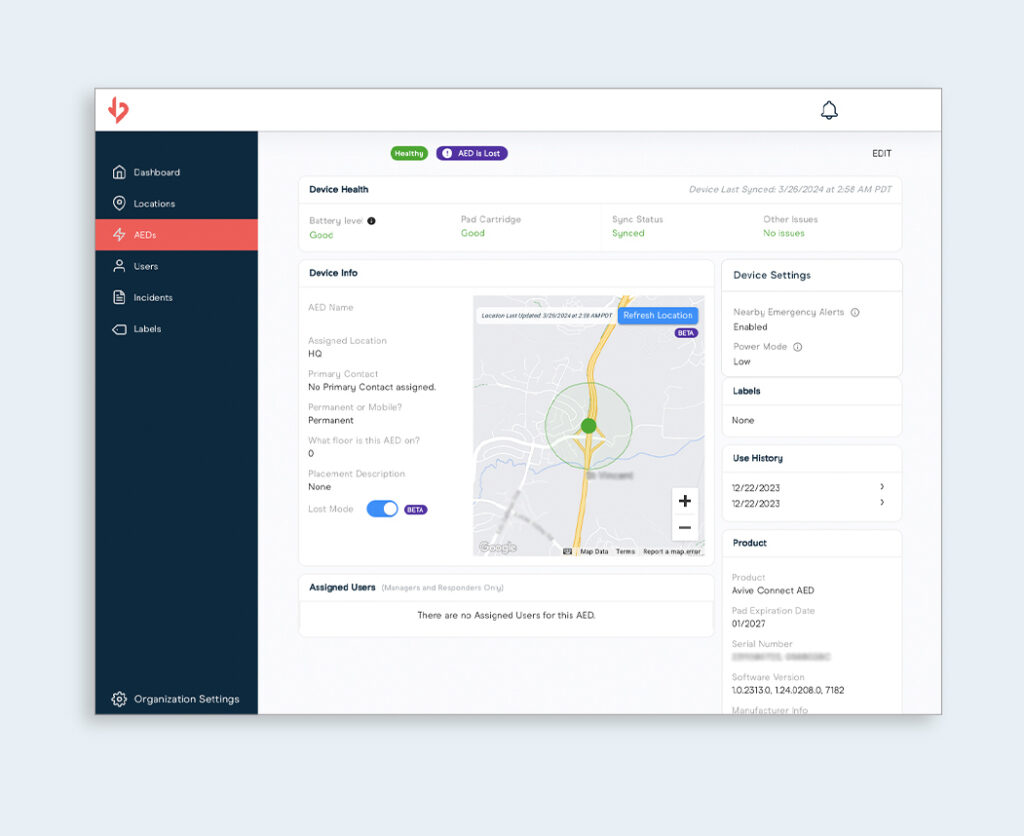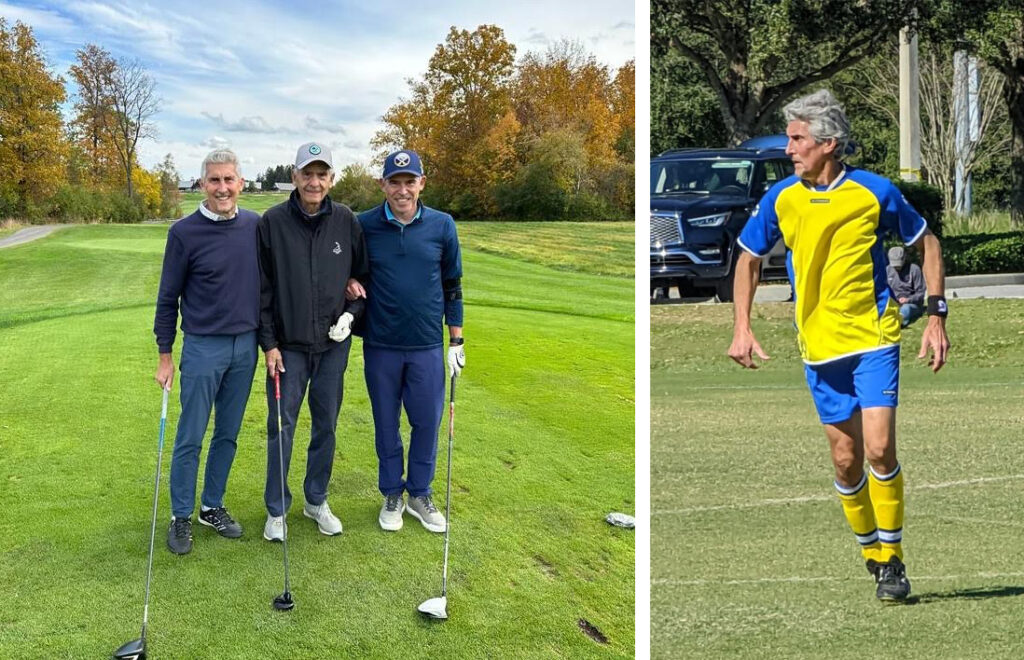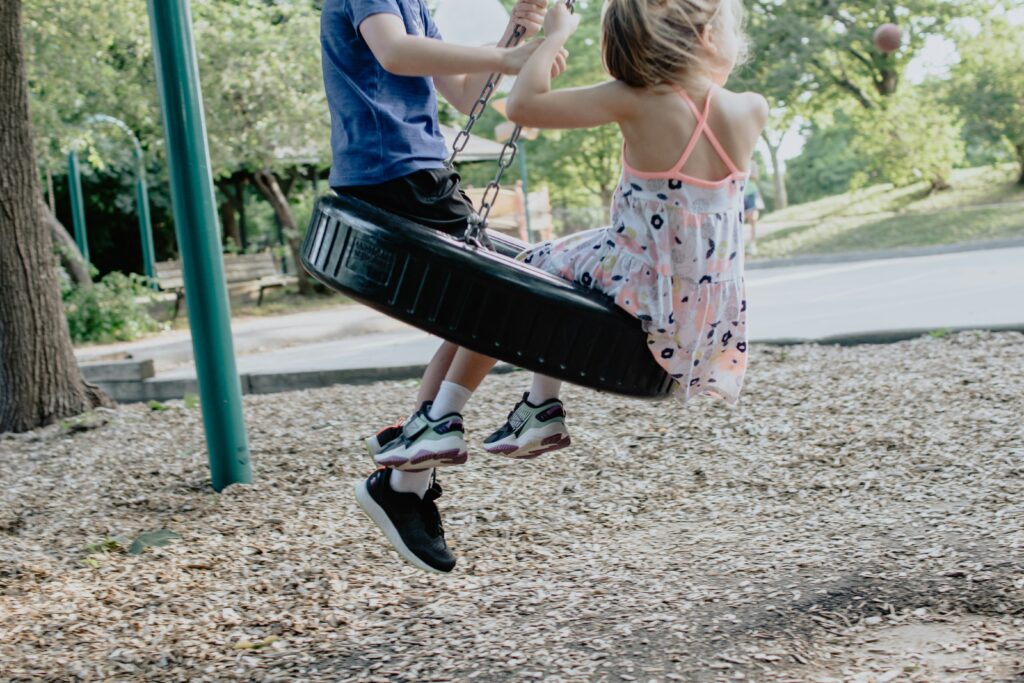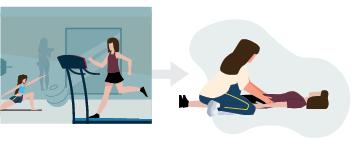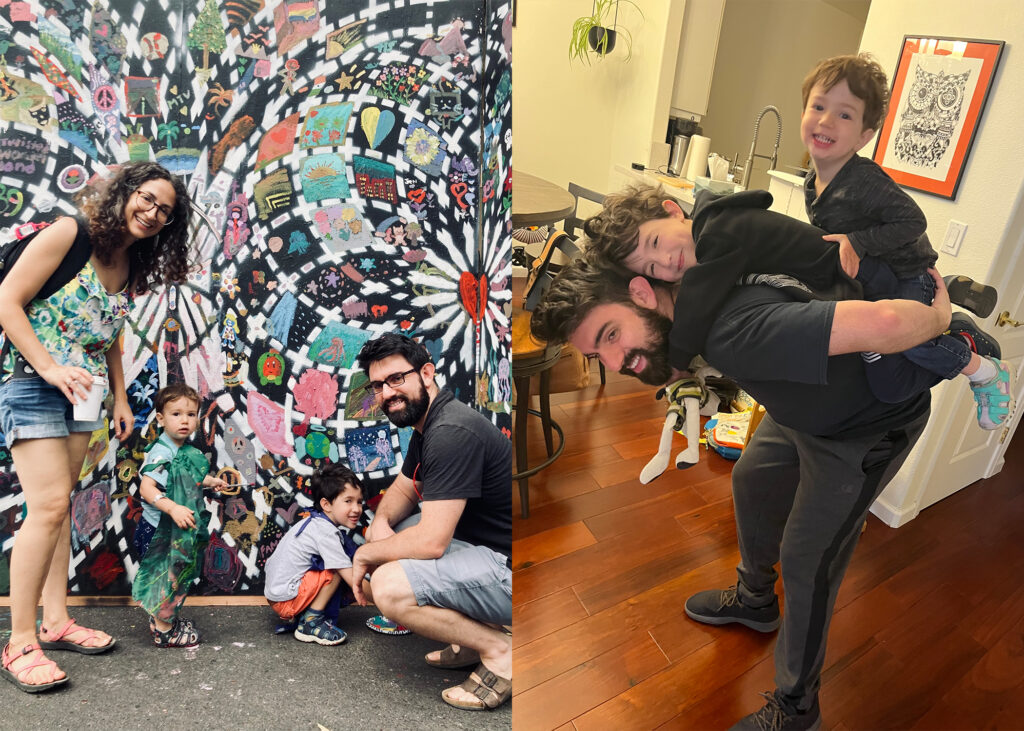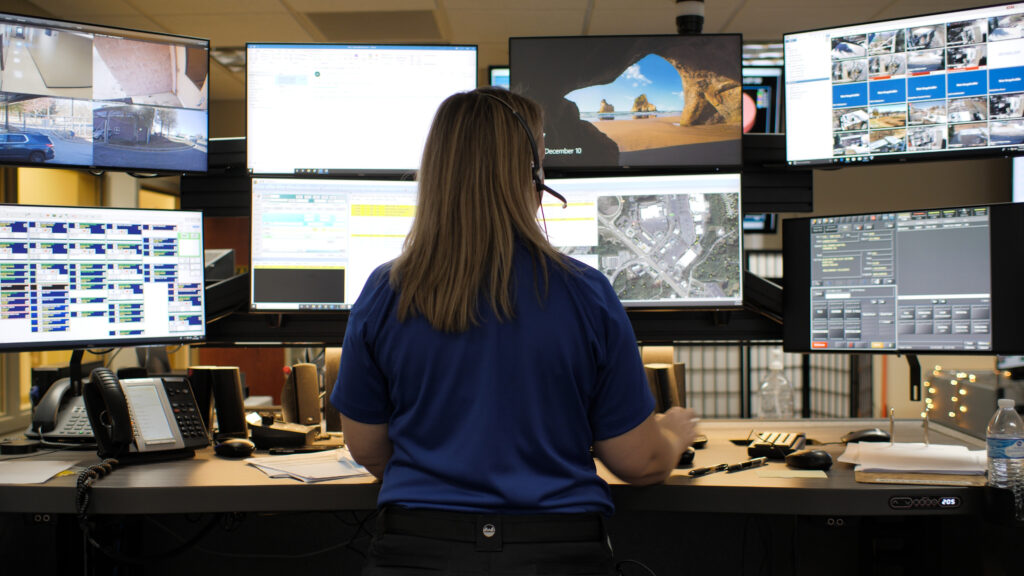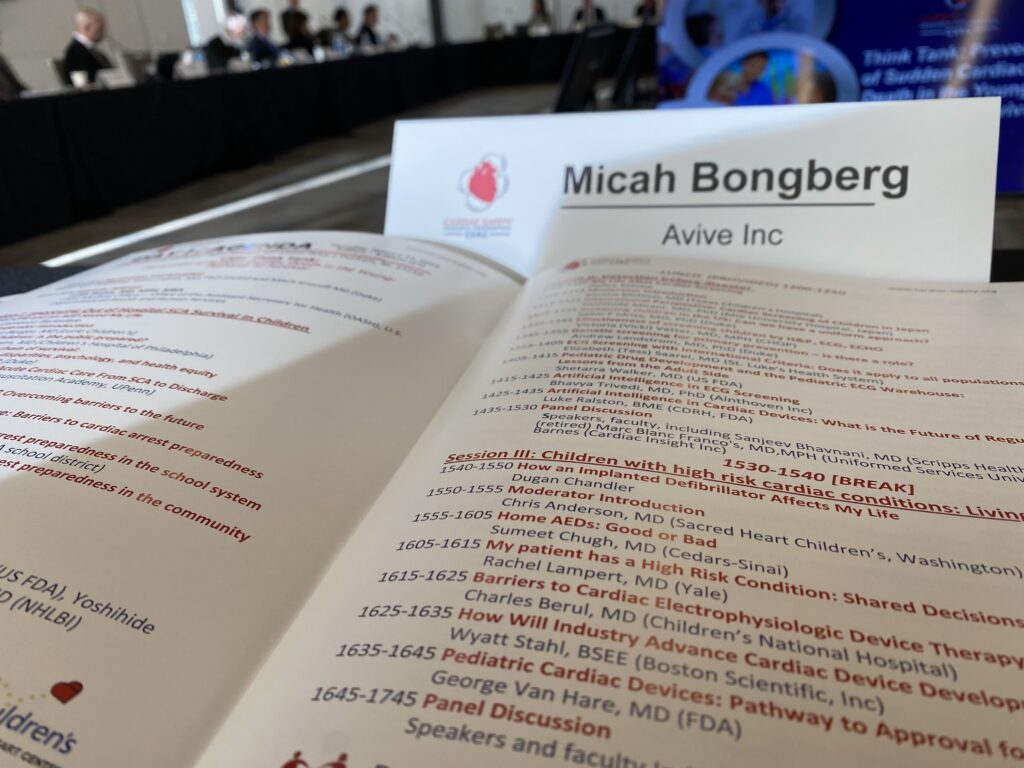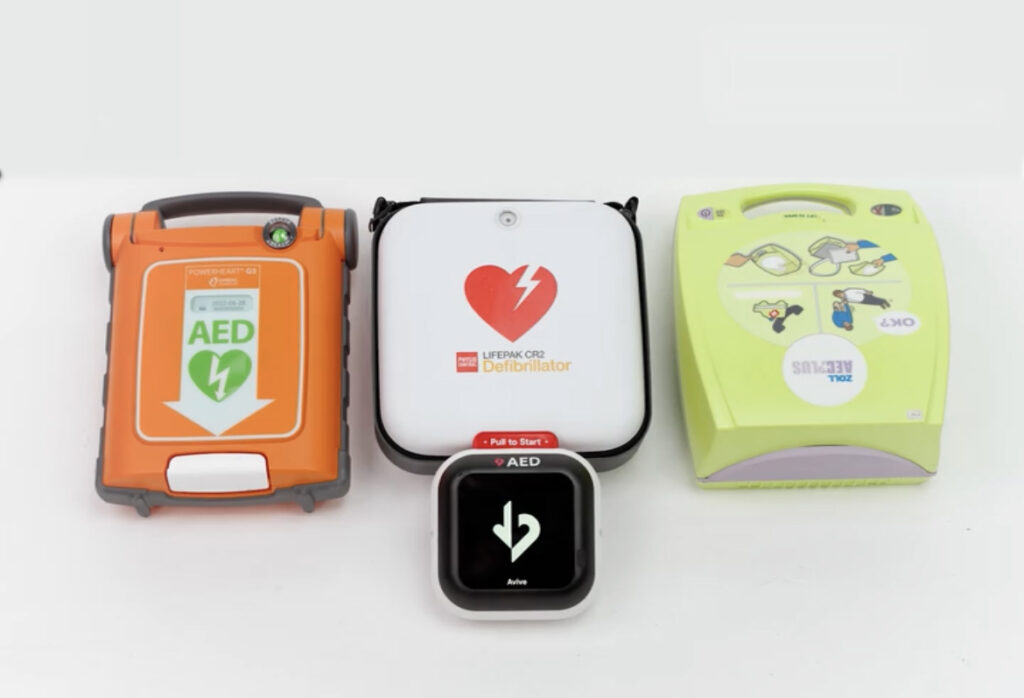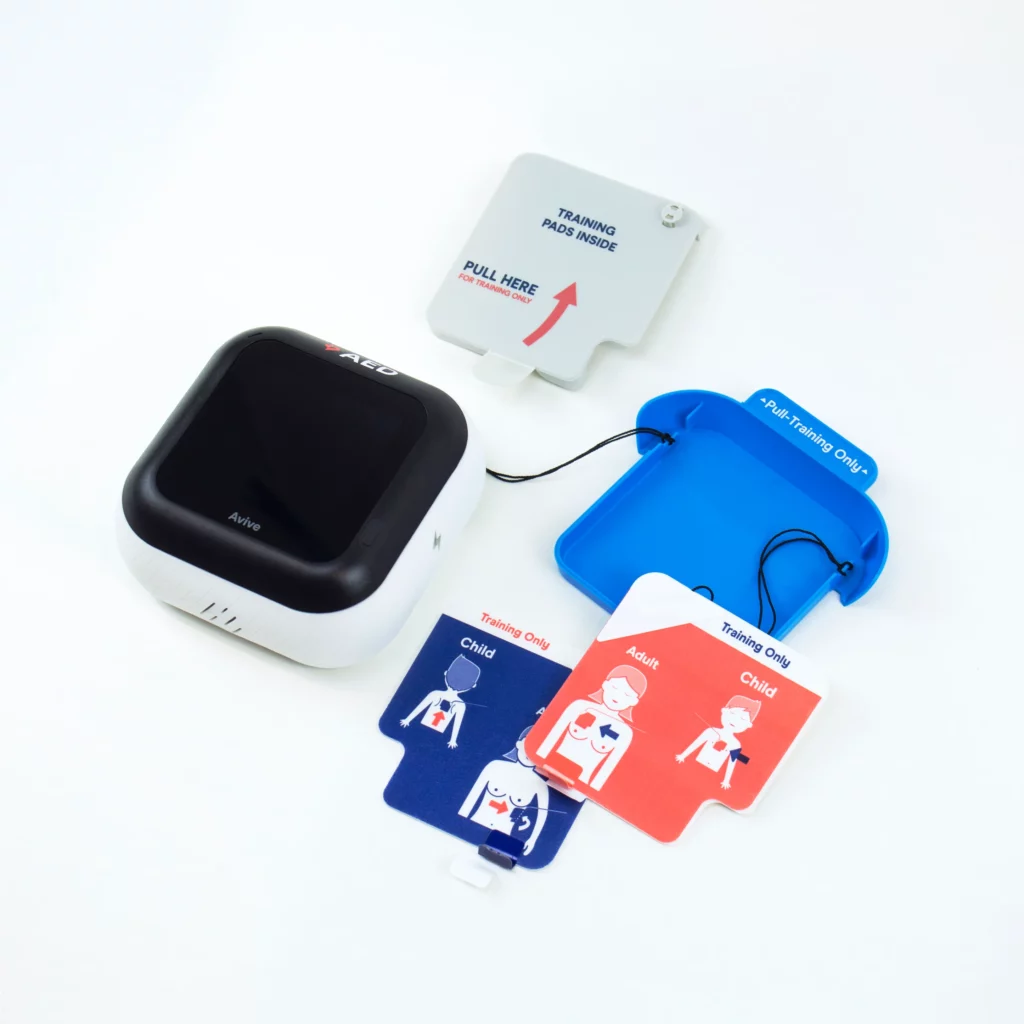Blog: Risk Management & Legal
How To Renew CPR Certification Online – An Easy 5 Step Guide
Learning CPR can give you the power to save lives and make a huge impact in critical,…
Employee Spotlight with Golda Cenadoza: Teamwork Makes the Dream Work
Welcome to our employee spotlight blog series, where we showcase the incredible individuals who contribute their expertise,…
How to Prevent Cardiac Arrest– 10 Preventative Actions to Safeguard Your Heart
Sudden Cardiac Arrest (SCA) is an enormous healthcare problem, claiming the lives of over 350,000 people every…
Easy Ways to Earn Your Basic Life Support (BLS) Certification
BLS, also known as Basic Life Support, is an important qualification for healthcare professionals that equips them…
Police – Our Nation’s Fastest, Most Underutilized First Responders in Out of Hospital Cardiac Arrest
The following article is a guest authored by our partner and friend Brandon Griffith, Sheriff’s Deputy for…
How Long Does a Heart Attack Last? Recognize & Respond Quickly
Heart attack is a leading cause of death in the United States, and, like Sudden Cardiac Arrest,…
Monophasic vs. Biphasic AED Shocks — Learn the Difference
The terms Monophasic and Biphasic refer to two different shock techniques that can help save a person’s…
Employee Spotlight: Avive Sets Sail with Topher Croddy
Topher Croddy is the newest member of Avive’s Business Operations team where he serves as the VP…
Virginia SB 1453: AED Requirements Accelerate in VA Schools
Virginia is the latest state to strengthen its AED requirements in schools. The state recently passed a…
Why The Access To AEDs Act, Championed by Damar Hamlin, is Such a Big Deal
Last week, on March 29th, Florida representatives introduced the Access to AEDs Act, a bipartisan bill to…
Nearly All New York Gyms Required to Have AEDs as New Law Embraces the Future
Effective May 22, 2023, New York State will require AEDs be placed in all health and fitness clubs with 50 members or more.
Why Colorado’s New Bill HB22-1251 is Major & Who Should Be Following Suit
The Importance of SCA Data Tracking On July 1, 2022, Colorado House Bill 22-1251 went into effect,…
Enable Lost Mode & 4 More Benefits of AED Connectivity
In a world increasingly intertwined with technology, there are few areas where connectivity has not yet made…
In Pursuit of AED Incident Data: Nick Bogle’s Story
Nick Bogle’s Story I first have to say that my story has nothing to do with anything…
What Are the Common Causes of Cardiac Arrest in Infants and Children?
Discover the causes of cardiac arrest in children and infants and how to prevent this life-threatening condition with our detailed article.
Understanding First Aid Training & Its Importance
First aid training is designed to teach people the basic principles and techniques to provide immediate help…
A Life Saved with the Avive AED® Ecosystem
Case Study The following blog discusses a cardiac arrest save with an Avive Connect AED® that happened…
Understanding the Difference Between Cardiac Arrest, Heart Attack, and Stroke
Cardiac arrest, heart attack, and stroke are three terms that are often used interchangeably despite the fact…
Employee Spotlight: Spearheading Innovation with Jimy Pesin
In the realm of innovation, there are individuals who not only contribute to the advancement of technology…
February 2024: State AED Legislation & the Future of SCA Prevention
In recent years, states across the country have made efforts to improve Sudden Cardiac Arrest prevention and…
Addressing Cardiac Arrest in 2024: Highlights from the CSRC Think Tank & Heart to Heart
We’re not even through the first month of the new year, and we’ve already garnered enough motivation…
5 Crucial Reasons Why You Need to Replace Your AED
As technology evolves and standards improve, there comes a time when all equipment needs to be replaced….
Employee Spotlight: Cultivating Growth with Mike Wittmann
Mike Wittmann is one of our Account Executives who has lead many company-wide sales initiatives since mid…
5 Key Features That Make an AED Easy to Use
AEDs, or automated external defibrillators, are lifesaving devices that analyze a person’s heart rhythm and deliver an…
